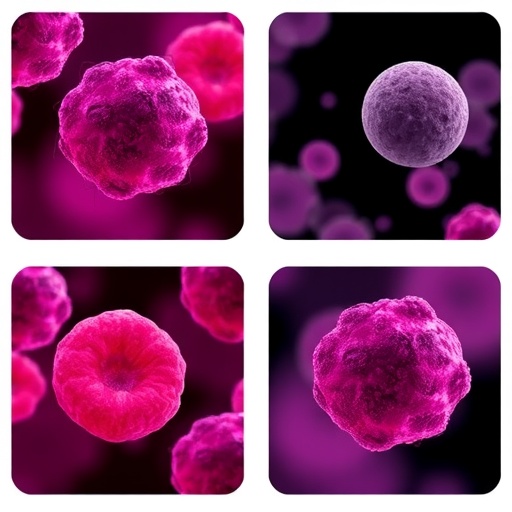Discovery may lead to innovation in harmful insect control

Credit: UCI School of Medicine
Irvine, CA – July 27, 2020 – In a new study, researchers found that night- versus day-biting species of mosquitoes are behaviorally attracted and repelled by different colors of light at different times of day. Mosquitoes are among major disease vectors impacting humans and animals around the world and the findings have important implications for using light to control them.
The University of California, Irvine School of Medicine-led team studied mosquito species that bite in the daytime (Aedes aegypti, aka the Yellow Fever mosquito) and those that bite at night (Anopheles coluzzi, a member of the Anopheles gambiae family, the major vector for malaria). They found distinct responses to ultraviolet light and other colors of light between the two species. Researchers also found light preference is dependent on the mosquito’s sex and species, the time of day and the color of the light.
“Conventional wisdom has been that insects are non-specifically attracted to ultraviolet light, hence the widespread use of ultraviolet light “bug zappers” for insect control. We find that day-biting mosquitoes are attracted to a wide range of light spectra during the daytime, whereas night-biting mosquitoes are strongly photophobic to short-wavelength light during the daytime,” said principal investigator Todd C. Holmes, PhD, a professor in the Department of Physiology and Biophysics at the UCI School of Medicine. “Our results show that timing and light spectra are critical for species-specific light control of harmful mosquitoes.”
The new study titled, “Circadian Regulation of Light-Evoked Attraction and Avoidance Behaviors in Daytime- versus Nighttime-Biting Mosquitoes,” is published in Current Biology. Lisa S. Baik, a UCI School of Medicine graduate student researcher who recently completed her PhD work, is first author.
Mosquitoes pose widespread threats to humans and other animals as disease vectors. It is estimated historically that diseases spread by mosquitoes have contributed to the deaths of half of all humans ever to have lived. The new work shows that day-biting mosquitoes, particularly females that require blood meals for their fertilized eggs, are attracted to light during the day regardless of spectra. In contrast, night-biting mosquitoes specifically avoid ultraviolet (UV) and blue light during the day. Previous work in the Holmes lab using fruit flies (which are related to mosquitoes) has determined the light sensors and circadian molecular mechanisms for light mediated attraction/avoidance behaviors. Accordingly, molecular disruption of the circadian clock severely interferes with light-evoked attraction and avoidance behaviors in mosquitoes. At present, light-based insect controls do not take into consideration the day versus night behavioral profiles that change with daily light and dark cycles.
“Light is the primary regulator of circadian rhythms and evokes a wide range of time-of-day specific behaviors,” said Holmes. “By gaining an understanding of how insects respond to short wavelength light in a species-specific manner, we can develop new, environmentally friendly alternatives to controlling harmful insects more effectively and reduce the need for environmentally damaging toxic pesticides.”
###
This study was funded in part by the National Institutes of Health, National Science Foundation and the ARCS Foundation. This new research builds on the Holmes lab’s previous studies at the UCI School of Medicine published over the past few years in Science, Nature and Proceedings of the National Academy of Sciences.
About the UCI School of Medicine
Each year, the UCI School of Medicine educates more than 400 medical students, and nearly 150 doctoral and master’s students. More than 700 residents and fellows are trained at UCI Medical Center and affiliated institutions. The School of Medicine offers an MD; a dual MD/PhD medical scientist training program; and PhDs and master’s degrees in anatomy and neurobiology, biomedical sciences, genetic counseling, epidemiology, environmental health sciences, pathology, pharmacology, physiology and biophysics, and translational sciences. Medical students also may pursue an MD/MBA, an MD/master’s in public health, or an MD/master’s degree through one of three mission-based programs: the Health Education to Advance Leaders in Integrative Medicine (HEAL-IM), the Leadership Education to Advance Diversity-African, Black and Caribbean (LEAD-ABC), and the Program in Medical Education for the Latino Community (PRIME-LC). The UCI School of Medicine is accredited by the Liaison Committee on Medical Accreditation and ranks among the top 50 nationwide for research. For more information, visit som.uci.edu.
Media Contact
Anne Warde
[email protected]
Original Source
https:/
Related Journal Article
http://dx.




